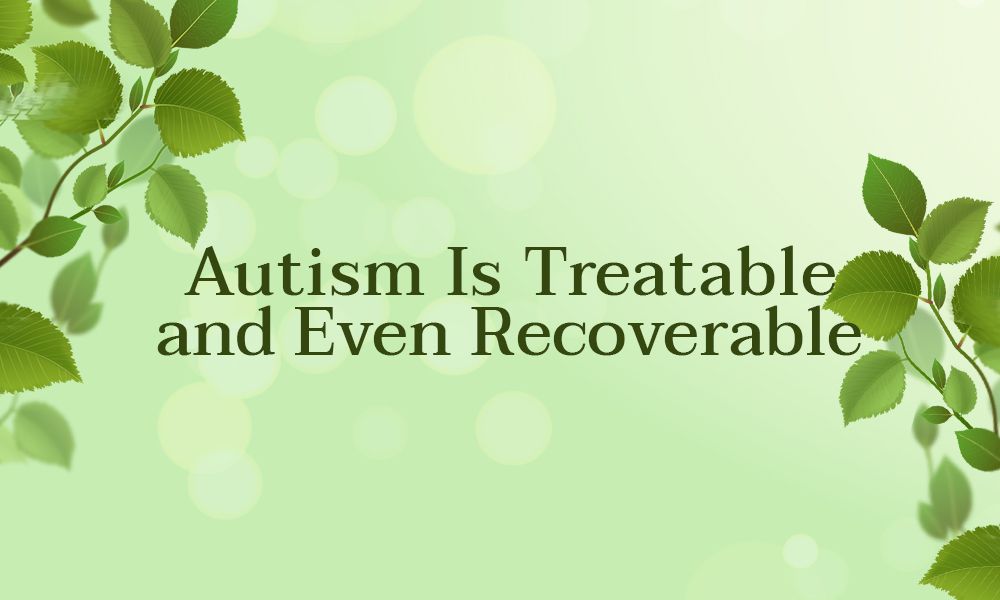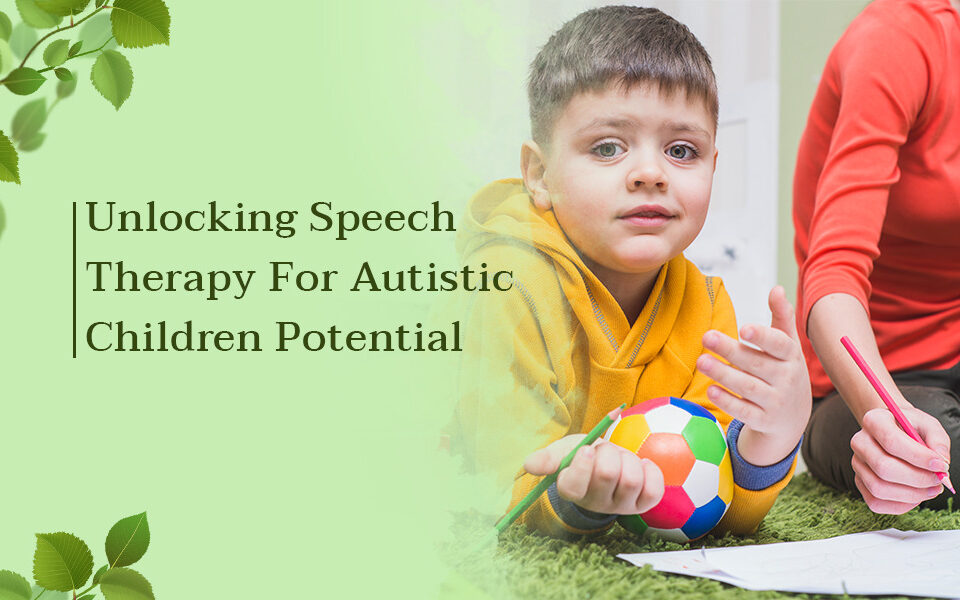- Jofa Tower 5th floor, SB-23, Block 13 C, Main University Rd, Gulshan-e-Iqbal, Karachi.
- +92 322 3746726
- tis@transformation.com.pk
Autism Treatment

Autism Spectrum Disorder (ASD)
June 23, 2023
Symptoms of Autism
June 23, 2023Autism Is Treatable and Even Recoverable
Autism is a neurodevelopmental disease characterized by difficulties with speech, social interaction, and repetitive behavior patterns. Although there is no proven therapy for autism, there are a number of therapies and treatments that can help people with the condition live better lives and better control their symptoms.
Is an Autism Recovery Possible?
Autism recovery is a difficult issue, and there is no simple answer. Although there is no known treatment for autism, some people have seen a dramatic improvement in their symptoms and have been able to lead happy, self-sufficient lives. Autism "recovery" or "remission" are common terms used to describe this.
However, it is important to note that recovery from autism is not a universal experience. Individual differences in autism severity make it possible for one person's treatment to be ineffective for another. Additionally, some people could become better in some areas while continuing to struggle in others.
Autism recovery does not have a one-size-fits-all strategy, so it's crucial to consult with a skilled healthcare practitioner to create a customized treatment plan.
New Research Intended To Heal Autism
As autism continues to spread at an alarming rate, the scientific community is growing increasingly interested in figuring out the factors associated to the condition.
The most recent studies on autism include investigations into factors associated with this neurotype, in addition to genetic polymorphisms, abnormalities in the gut biome, and neurological aspects that may contribute to it.
Finding and analyzing promising innovative treatments for autism, however, can be challenging. Autism does not show up in any overtly physical ways, such high cholesterol or blood pressure. As a result, determining the degree of achievement is difficult.
Best Options for Autism Recovery
It's crucial to keep in mind that there is no "recovery" from autism spectrum disorder (ASD) that is universally accepted. However, there are various interventions and therapies that can help individuals with autism improve their skills, communication, and overall quality of life. The following are some of the most well-known and supported by evidence choices:
Early Intervention
It is essential to begin action as soon as feasible. Young children with autism are the subject of early intervention programs like the Early Start Denver Model (ESDM) and Applied Behavior Analysis (ABA), which work to improve their social, communication, and behavioral skills.
Applied Behavior Analysis (ABA)
A proven autism treatment is ABA. Through systematic reinforcement and behavioral principles, it places a strong emphasis on teaching skills, minimizing problematic behaviors, and fostering positive behaviors. ABA programs are individualized and can be adapted to specific requirements and goals.
Speech and Language Therapy
Many individuals with autism struggle with communication. Speech and language therapy helps improve speech, language comprehension, social communication, and pragmatic skills. It can also incorporate alternative communication methods, such as augmentative and alternative communication (AAC) systems, if necessary.
Occupational Therapy
Occupational therapy seeks to increase a person's capacity for everyday activity participation while enhancing sensory processing, motor abilities, and adaptive behavior. It focuses on improving skills needed for self-care, play, and school performance.
Sensory Integration Therapy
Autism patients frequently experience sensory difficulties. Sensory integration therapy assists individuals in managing sensory sensitivities or difficulties by exposing them to sensory stimuli in a controlled manner through structured activities.
Dietary Interventions
Some individuals with autism may benefit from dietary interventions, such as a gluten-free or casein-free diet. Despite the conflicting data supporting these strategies, some people have found that making dietary adjustments helped their symptoms.
Medications
Medications can be used to manage some of the symptoms of autism, such as anxiety, depression, and hyperactivity. Working with a skilled healthcare practitioner is essential when deciding whether a medication is necessary and when keeping an eye out for any adverse effects.

How much time does it take to recover from autism?
The length of time it takes to see improvement in symptoms varies depending on the individual and the type of therapy or treatment they are receiving. Although early intervention is essential for the greatest outcome, progress can be made over the course of a person's lifetime.
Autism recovery may include elements of early intervention, behavioral therapies, speech therapy, occupational therapy, sensory integration therapy, dietary interventions, and pharmaceuticals. Autism sufferers can achieve their full potential with the correct assistance and care.
Despite the fact that these therapies can be very helpful, it's crucial to remember that their focus is on helping those who have autism, not on "recovery" or "cure." Autism is a lifelong disorder, and those who have it will always experience some of its hallmark traits and difficulties. Enhancing their general well-being, practical skills, and independence is the aim of treatment.




